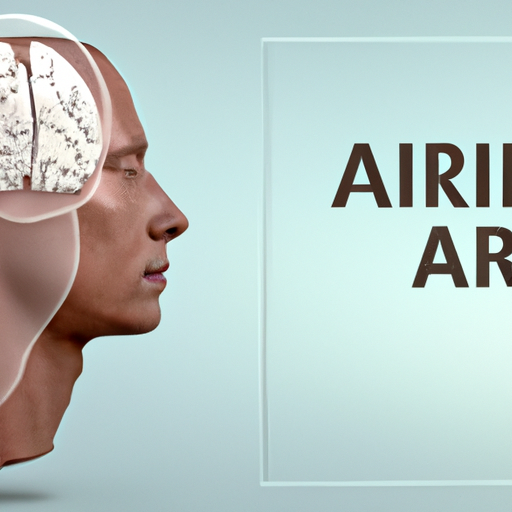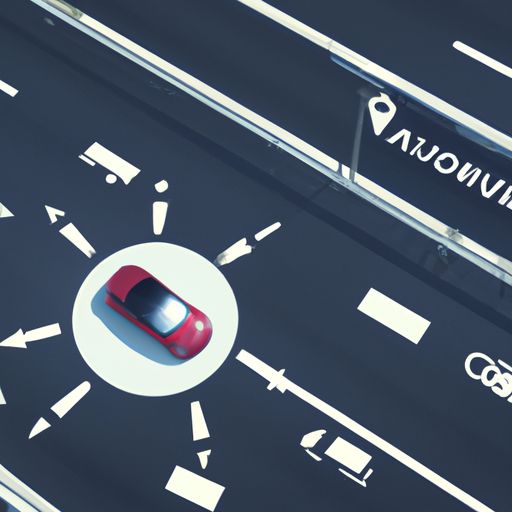The integration of AI in healthcare has ushered in a new era of innovation, transforming the way we approach medical diagnostics, treatment, and patient care. As technology advances, the role of artificial intelligence in healthcare technology has become increasingly significant, offering numerous benefits that enhance the overall quality of care.
Understanding AI in Healthcare
Artificial Intelligence in healthcare involves using machine learning, natural language processing, and data analytics to enhance various facets of healthcare delivery. From predictive analytics that foresee outbreaks to AI-driven diagnostic tools that enhance accuracy, the impact of machine learning in medicine cannot be overstated.
Enhancing Diagnostics
One of the most remarkable applications of AI is in improving diagnostic accuracy. Traditional diagnostic methods can be time-consuming and prone to human error. However, with AI, healthcare professionals can analyze vast amounts of data quickly and accurately. For example, AI algorithms can process medical images, identifying anomalies such as tumors and lesions more accurately than human eyes, leading to earlier and more accurate diagnoses.
Personalized Treatment Plans
AI also plays a crucial role in developing personalized treatment plans. By analyzing a patient’s genetic makeup, lifestyle, and historical health data, AI can suggest tailored treatment options that are more likely to be effective. This level of customization not only improves patient outcomes but also enhances overall satisfaction with the healthcare experience.
Streamlining Operations
Beyond patient-facing applications, AI enhances operational efficiency within healthcare facilities. Automated administrative tasks such as billing, appointment scheduling, and patient follow-up reduce the workload on hospital staff, allowing them to focus more on patient care. This streamlining of operations ultimately leads to better resource allocation and lower costs.
Continuous Monitoring and Virtual Health Assistants
With the advent of wearable technology and AI-driven health apps, continuous patient monitoring is now a reality. Patients can track their health metrics in real-time, receiving alerts for any concerning changes. Furthermore, virtual health assistants powered by AI can provide instant responses to patient inquiries, schedule appointments, and follow-up on treatments, making healthcare more accessible.
Challenges and Considerations
Despite the numerous benefits of AI in healthcare, there are challenges to consider, including data privacy, the need for transparency in AI algorithms, and the necessity of ongoing training for healthcare providers. Addressing these concerns will ensure that the integration of AI not only enhances efficiency but also fosters trust among patients and healthcare practitioners.
Conclusion
The future of healthcare lies in the synergy of human expertise and artificial intelligence. As we continue to leverage AI technologies, we can look forward to a healthcare system that is more efficient, effective, and patient-centered. Embracing these innovations is not just beneficial; it’s essential for the evolution of modern healthcare.
Keywords: AI in Healthcare, Artificial Intelligence, Healthcare Technology, Machine Learning in Medicine, Healthcare Innovations




